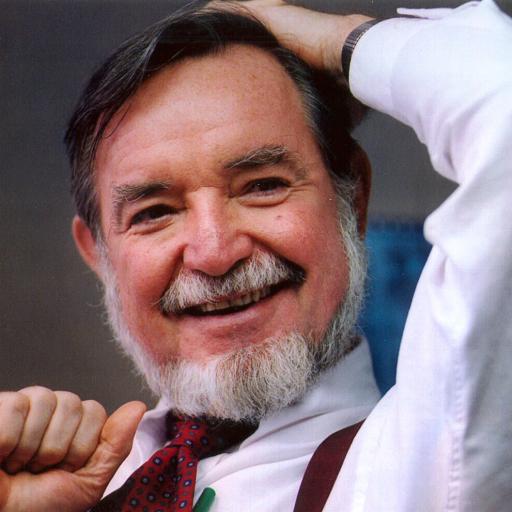
State or Province:
country:
USwhat are your gifts and talents?:
why do you want to join abcd in action?:
A Guide for Government Officials Seeking to Promote Productive Citizen Participation
Some years ago I attended the annual Canadian Conference of Community Development Organizations. Several hundred groups were attending. The convener of the conference told me that the best community “developer” in all of Canada was at the conference. He pointed toward a middle aged man named Gaeton Ruest, the Mayor of Amqui, Quebec.
I introduced myself to Mayor Ruest and asked about Amqui. He said that it was a town of about 6,000 people on the Gaspe Peninsula amid the Chic Choc Mountains. It is located at the intersection of the Matapedia and Humqui Rivers. These rivers are the richest Atlantic salmon rivers on our continent and Amqui is the regional center for fishing for these salmon.
Gaeton invited me to visit his town and a year later I was able to do so. I found that all the people in the town were French-speaking. A great deal of the economic base of the community was from fisher people who came to fish for the rare Atlantic salmon.
Walking down the street with Gaeton, two men approached him. There was a long conversation in French, which I did not understand. After they were finished Gaeton explained to me what had happened. He said that the town had put nets on salmon streams in order to keep them near Amqui and accessible to the fishing guides. The two men reported that somebody was cutting the nets to let the salmon go upstream where they could poach them. Gaeton responded, “That’s terrible. What do you think we can do about that?”
The men thought for a while and then told him three things they thought could be done.
Gaeton replied, “Is there anybody who could help you do those things?”
“Yes,” they responded. “We know a couple of other fisherpeople who could help.”
Gaeton said, “Will you ask them to join you to meet with me at City Hall this evening?” They agreed.
That evening I joined Gaeton at the meeting with four concerned people. He insisted that their discussion be held in the City Council’s meeting room.
Gaeton led a discussion of how the group could deal with the salmon poaching problem. By the time they were done, they had specific plans and specific people committed to carrying them out.
Then, Gaeton asked, “Is there anything the City can do to help you with the job?” The participants came up with two ways the city could be helpful.
Gaeton then said. “I am making you the official Amqui Salmon Preservation Committee. I want you to hold your meetings in the City Council Meeting Room because you are official. I want you to come to City Council meetings and tell the Council people how you are coming along.”
The convener of the National Association of Community Development Organizations told me that the process I just observed was repeated over and over by Gaeton who was a longtime mayor. As a result, the convener said that in Amqui, hidden away in the Chic Choc Mountains, almost all the residents had become officials of the local government and the principle problem solvers for the community.
Every public official can learn a great deal from the Mayor of Amqui. He starts with the premise that the residents are principle problem solvers. This means they have the best ideas about what needs to be done. It also means that they have the best knowledge regarding who can do what needs to be done.
Working on the basis of these assumptions, the Mayor’s, functions involved:
- Listening carefully to the problem definition and solutions of citizens
- Convening residents to develop a plan of action involving themselves and their ideas.
- Offering to supply support for resident initiatives rather that assuming the City was the problem solver in the community.
- Making residents into official actors with responsibility and authority over their initiative.
- Creating an experience that will lead residents to feel they have ownership in the community.
Amqui flourishes because the Mayor acts on three principles:
…First, determine with residents whether problems can be resolved by the citizen’s acting together using their own community resources.
…Second, can the municipality enhance the collective citizen resources by providing supportive municipal assets.
…Third, there will be some problems that cannot be resolved with citizen resources, even if supported by government assistance. In these cases, the municipality must take full responsibility.
The sequence of these three steps is critical, if citizen participation and production is to be achieved. The first question needs to be: can citizens define the problem, create solutions and implement the solution. The last question is what must the municipality do.

Thank you so much for posting this, John. This was one of the first ABCD stories I heard, when you shared it at my first ABCD training in Sarasota, FL. I remember sharing it with friends afterwards and blowing their minds. To me, it really brings to life those three questions and gives one a concrete example of how one might enact them.